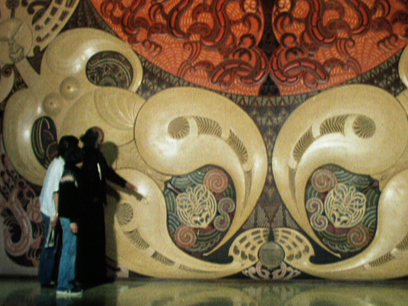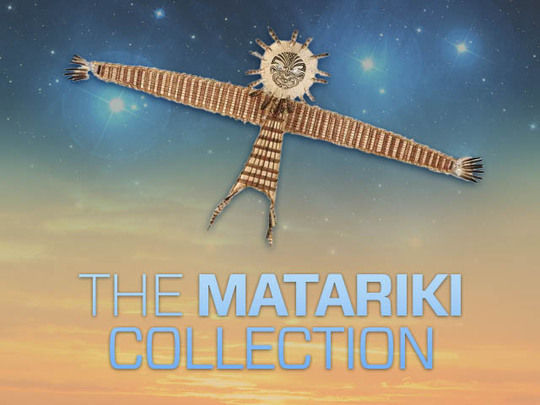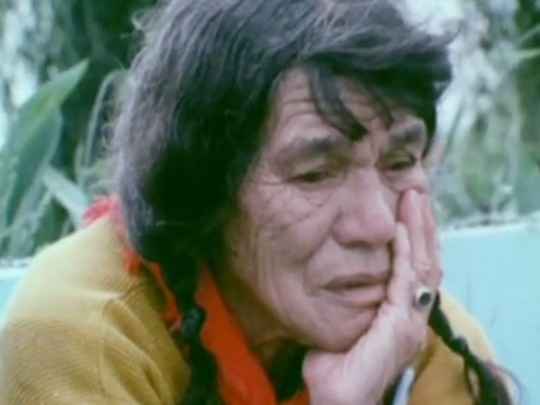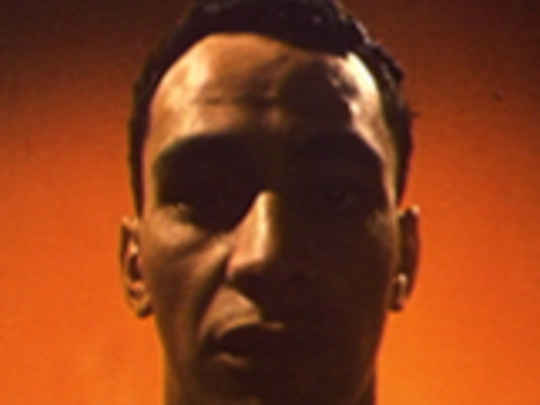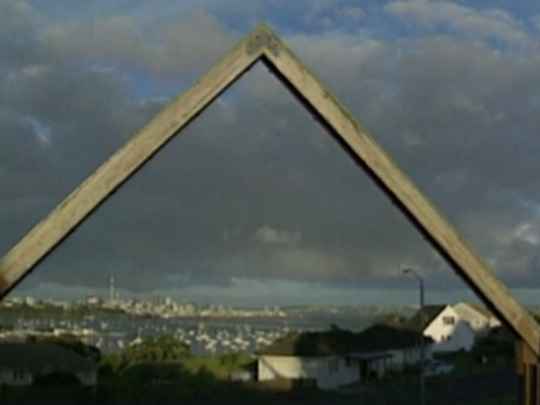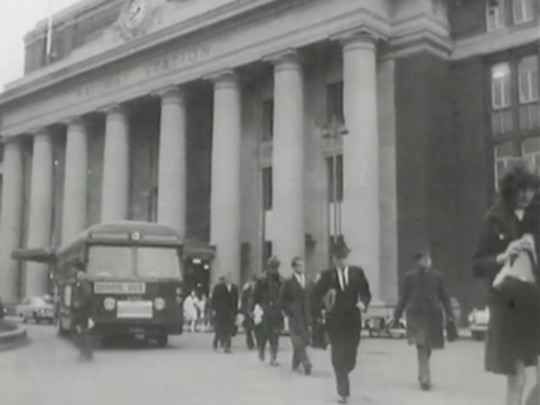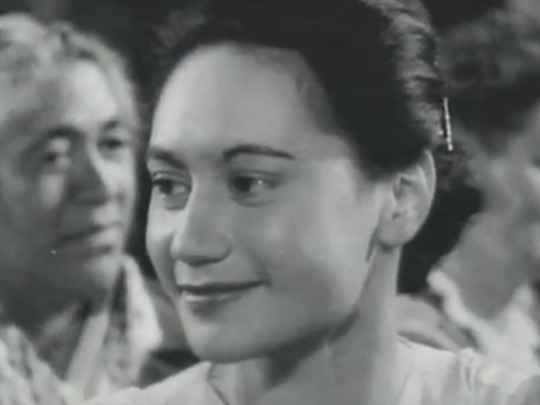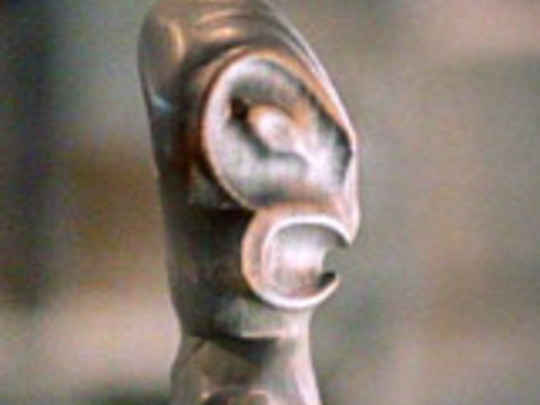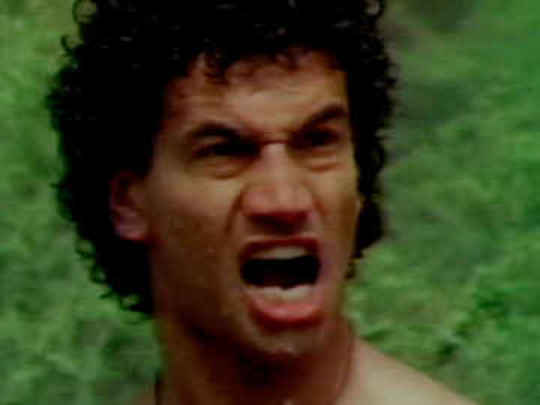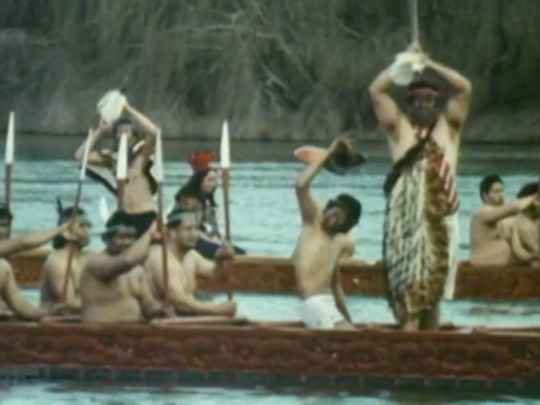Māori
Short Film (Full Length) – 1981
The hongi is a greeting of affection: aroma. 'Aroha': love or compassion, is the vine that binds the tribe.– From the narration
I can see positive things coming out of the film. We will just have to try harder - that is the Māori and bicultural officers in the ministry (of Foreign Affairs) - to get a bicultural approach.– Witi Ihimaera, quoted in The Evening Post, 21 April 1982, Page 44
The state school system is free, compulsory, and racially integrated. In many schools Māori language and culture are part of the curriculum. Despite this the use of the Māori language has declined so that now it's spoken by about one quarter of the Māori population.– From the narration
The army includes a high proportion of Māori soldiers and it has now become a traditional occupation.– From the narration
Even as propaganda, it's naive and unbelievable.– Pat Hohepa, covener of the NZ Maori Council's foreign affairs committee, quoted in The Evening Post, 21 April 1982
Pākehās disagreed with what they saw as a negative view of pākehā society, while Māoris felt it did not show strongly enough the position of contemporary Māoris. However, when only the pākehā objections were acted on, Mr Ihimaera withdrew.– Reactions to a rough cut of the film, described in The Evening Post, 1 May 1982
